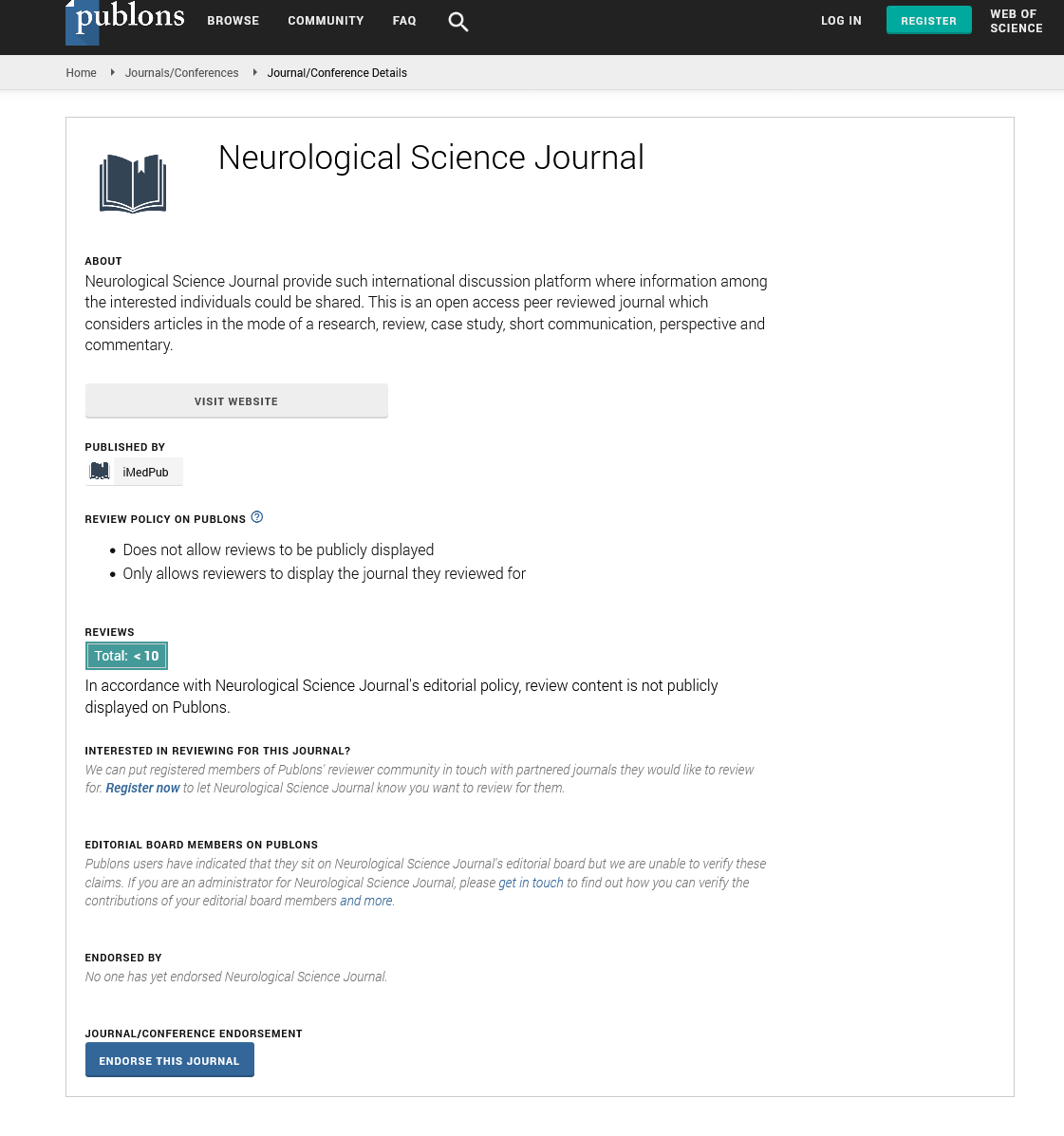Abstract
Melatonin ameliorates oxidative damage induced by maternal lead exposure in rat pups - Maryam Bazrgar - Damghan University - Iran
During the particular period of cerebellum development, exposure to lead (Pb) decreases cerebellum growth and can result in selective loss of neurons. The detection and prevention of Pb toxicity is a major international public health priorities. This research study was conducted to evaluate the effects of melatonin, an effective antioxidant and free radical scavenger, on Pb induced neurotoxicity and oxidative stress in the cerebellum. Pb exposure was initiated on gestation on day 5 with the addition of daily doses of 0.2% lead acetate to distilled drinking water and Continues until weaning. Melatonin (10mg/kg) was given only once daily at the same time. 21 days after birth, several antioxidant enzyme activities including superoxide dismutase (SOD) and glutathione peroxidase (GPx) were assayed. Thiobarbituric acid reactive substance (TBARS) levels were measured as a marker of lipid peroxidation. Rotarod and locomotor activity tests were performed on postnatal days (PDs) 31–33 and a histological study was performed after the completion of behavioral measurements on PD 33.
The results of present work demonstrated that the Pb could induce lipid peroxidation, increase TBARS levels and decrease GPx and SOD activities in the rat cerebellum. We also observed that the Pb impaired performance on the rotarod and locomotor activities of rats. However, the treatment with melatonin significantly attenuated themotoric impairment and lipid peroxidation process and restored the levels of antioxidants. The Histological analysis indicated that the Pb could decrease Purkinje cell count and melatonin prevented this toxic effect. These results suggest that treatment with melatonin can improve motor deficits and oxidative stress by protecting the cerebellum against Pb toxicity.
Keywords: Lead acetate, Melatonin, Purkinje cell, Oxidative stress, Rat
Author(s): Maryam Bazrgar
Abstract | PDF
Share This Article
Google Scholar citation report
Citations : 11
Neurological Science Journal received 11 citations as per Google Scholar report
Neurological Science Journal peer review process verified at publons
Abstracted/Indexed in
- Google Scholar
- Publons
Open Access Journals
- Aquaculture & Veterinary Science
- Chemistry & Chemical Sciences
- Clinical Sciences
- Engineering
- General Science
- Genetics & Molecular Biology
- Health Care & Nursing
- Immunology & Microbiology
- Materials Science
- Mathematics & Physics
- Medical Sciences
- Neurology & Psychiatry
- Oncology & Cancer Science
- Pharmaceutical Sciences
